https://www.patreon.com/user?u=4923804
I'm amazed that Goodreads reviewers rate The Other Boleyn Girl, which I reread and reviewed recently (a review will show up when I have more free online time), #4 out of...all the historical fiction in the English language. They like it better than The Color Purple

I'm not sure this web site is much interested in geishas (although the Boleyn sisters could be used to define the word "courtesan"), and having been disappointed by a super-seller Follett novel whose only point of interest was kinky sex in the 1980s I'm not eager to tackle another Follett work, but let's reconsider the classic antebellum Southern romance...I like Gone with the Wind because I've never read it as an ordinary romance where the all-female audience are supposed to identify with the heroine and sniffle and tingle over the ins and outs of her courtship. You can't identify with a spoilt brat like Scarlett O'Hara in that way, or at least I can't. I read her and her series of doomed husbands as a literary symbol. Whether Margaret Mitchell planned it that way or not, Scarlett's alliances with the young soldier, the old storekeeper, the romantic idealist, the tough old hillbilly, and the soldier of fortune reflect the philosophical trends in the Southern States' culture. That makes her story interesting, even if you want to turn her over your knee approximately every ten pages.
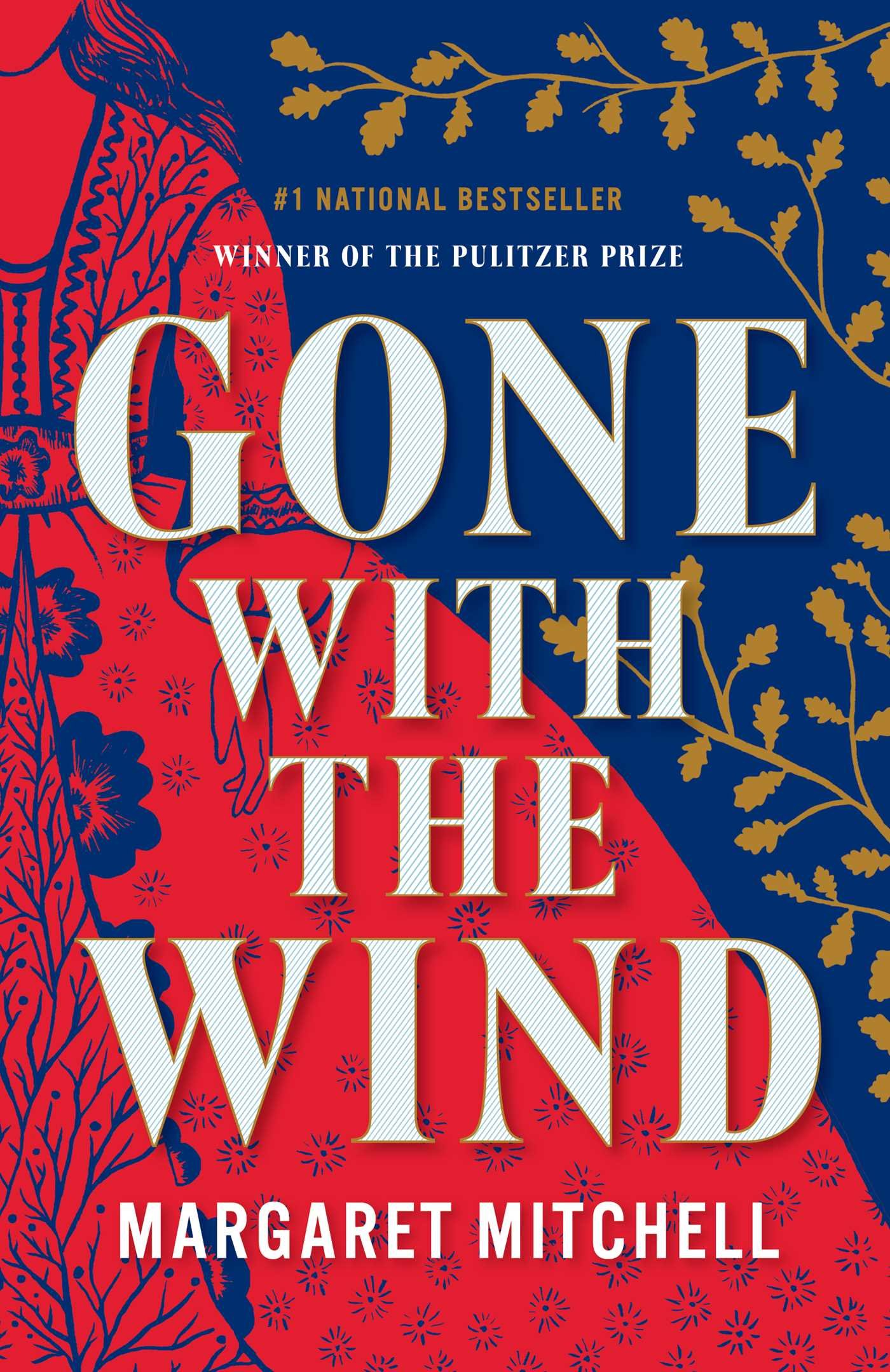
But what ever is GWTW doing so much further up the list than its counterpart novel, Jubilee? Despite the image of a Black woman on the cover, Elvira "Vyry" Ware is all but legally White--blonde, even--and her kindness to the sister to whom she's been enslaved is a delightful antidote to Scarlett O'Hara's awfulness. Elvira is a symbol of what Americans want to believe our grandmothers were like. She gets a choice between two fine young men, too, during a period when there weren't enough young men to go around, and although that scene could have been tightened up I'm guessing that reading it will bring tears to your eyes.

(Jubilee and Gone with the Wind are about equally long; each took about ten years to write, and was heavily researched. GWTW is a much more polished novel. Margaret Walker didn't spend those ten years perfecting the timing and transition of her manuscript; she spent them doing Original Research. Here's her nonfiction account of...)
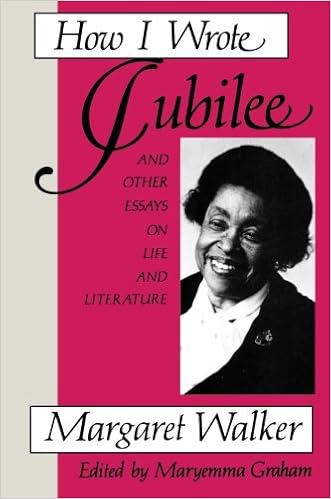
And which historical novel came in just below The Other Boleyn Girl? You've seen it here...
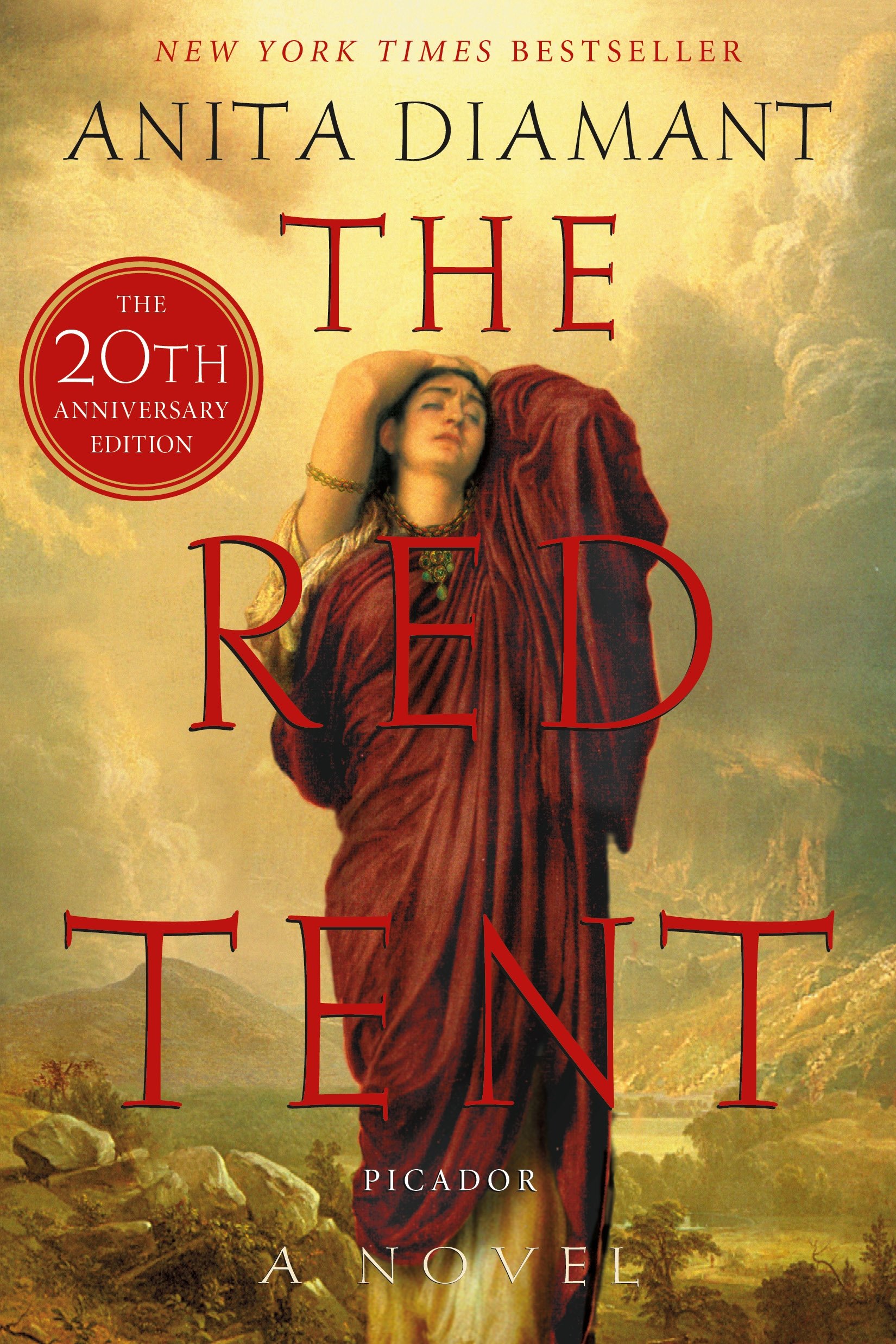
http://priscillaking.blogspot.com/2014/09/book-review-red-tent.html
Moving from stories of the past to stories of the hypothetical future: To what extent, if any, are you readers interested in writing science fiction (or any kind of fiction) about characters with disabilities? This forthcoming anthology...
![Invisible 3: Essays and Poems on Representation in SF/F by [Wilde, Fran, Sessarego, Carrie, Rosenbaum, Benjamin, Moon, Dawn Xiana, Cross, Jennifer, O'Shaughnessy, MT, Kurisato, Mari, Mayer, Jaime O.]](https://images-na.ssl-images-amazon.com/images/I/611hkOX9aYL._SY346_.jpg)
...is shared here because of this short essay:
http://jimhines.dreamwidth.org/437695.html
And here's the book Ysabetwordsmith mentioned in the comments:
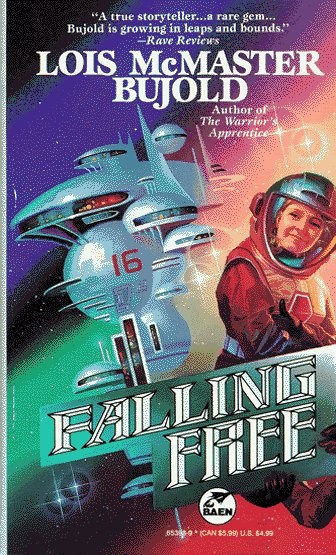
Dittos, dittos, oh dittos. Vian Smith's Tall and Proud may have been too optimistic about the outcome for some paraplegic teenagers, or for injured race horses for that matter, but it was ever so much better than Deenie. I remember feeling that all middle school girls, not only those who'd been ordered to wear a brace for a few years, were being insulted by Deenie. I've not seen a copy of Tall and Proud for a while; it's gone from contemporary adventure fantasy to historical adventure fantasy. I have to mention, though, that it was endorsed and recommended by my father the best-case polio survivor.

For those who still have fathers and whose fathers already have neckties, soap, and handkerchiefs:
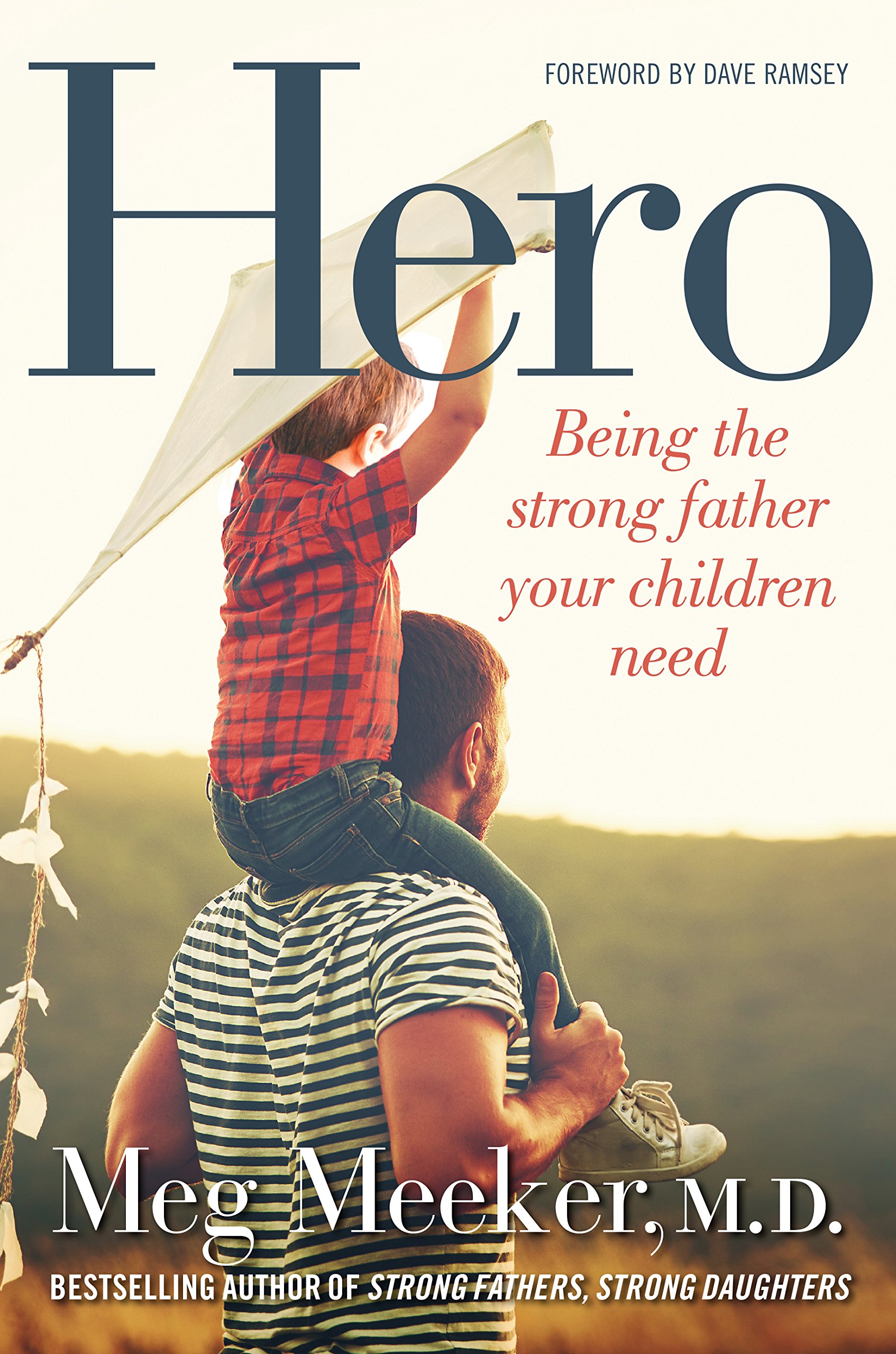
From a surprising contender in this field...Mike Tyson remembers his trainer as "father figure":

No comments:
Post a Comment